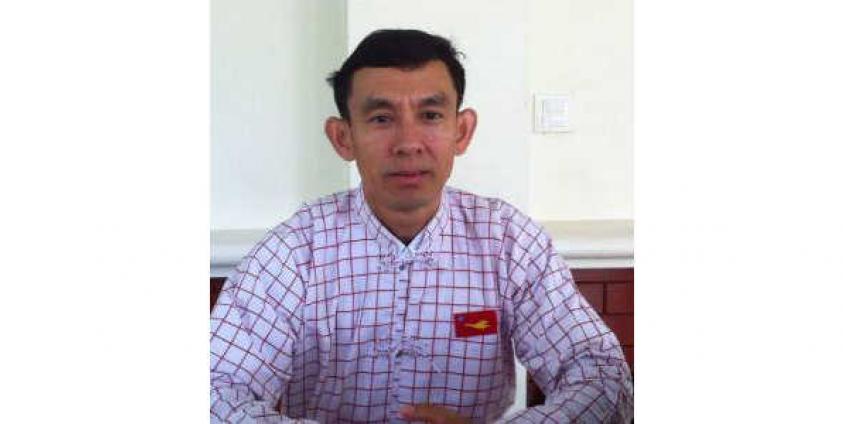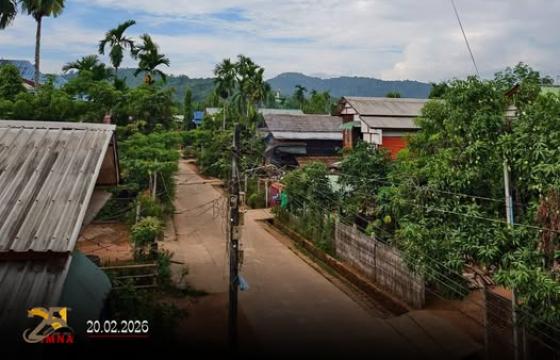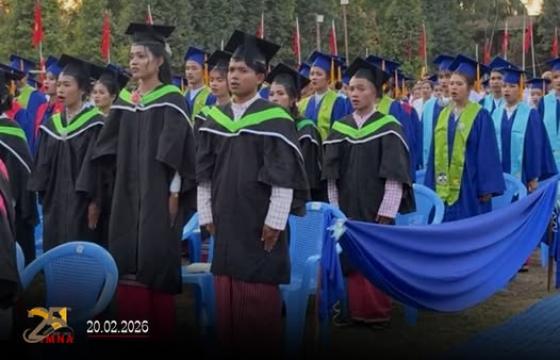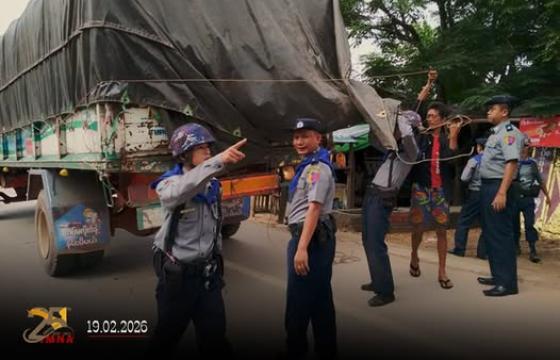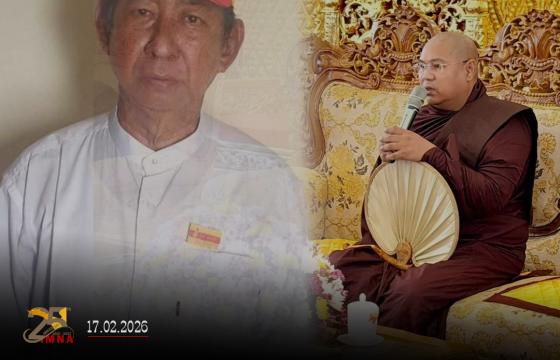Mon News Agency (MNA) Editor, Nai Bayar Aung, recently interviewed Nai Banya Mon, the Program Director of Federal Affairs and Policy Centre (FAPC), for his opinion on the recent Tatmadaw ceasefire statement.
The FAPC is a research center where people can participate, discuss and debate Myanmar federal affairs and policy issues.
Question: The Tatmadaw announced their ceasefire from May 10 to the end of August in light of COVID-19, but also as a step towards a lasting peace. Although the Tatmadaw has announced ceasefires in previous years, once with the Northern Alliance, fighting still continued. So, are there any differences with this statement of a ceasefire? What is positive about the Tatmadaw’s statement this time?
Answer: To prevent the further spread of COVID-19, both domestic [Myanmar] and international [other countries] have urged ceasefires, particularly UN Secretary-General, Antonio Guterres called for a global ceasefire. COVID-19 is a [global] pandemic. This disease does not choose [but infects anyone] which region, or whether you are poor or rich, or higher ranked, or lower ranked, or anyone. For example; even British Prime Minister got infected. One country alone cannot [fight this virus,] but everyone [every country] must fight it together. So we requested the [fighting] stop [to help] prevent [further spread and to help] control COVID-19. The Tatmadaw responded [with a ceasefire] …this is positive. It can be defined as a [positive] difference.
Question: What are the reactions of Ethnic Armed Organizations (EAO) who signed the National Ceasefire Agreement (NCA), particularly since the Tatmadaw included restrictions to their ceasefire commitment?
Answer: There are restrictions in their statement. This is worrying. The 1st limitation is [there will be no ceasefire in places] where insurgent organizations [unlawful ethnic armed groups] are active. In general, this can be [understood to be] areas where the Arakan Army (AA) is active. The Government’s statement of March 23rd, defines the AA as a terrorist and unlawful organization. It can be implied that the Tatmadaw can still attack places where such terrorist and unlawful groups are active. For example, at the Laiza of Kachin Independence Organization (KIO), the AA is present. It remains a question whether or not Laiza will be included in the Government’s statement. Last year’s Tatmadaw’s ceasefire statement was clear. It was based on the ‘[army] division’. That ceasefire applied, except in the west division. That’s very clear. But now, it is not that clear, and this is worrying.
The second limitation is the Tatmadaw’s resistance to alter their 6 conditions or principles for peace.
The six principles of the Tatmadaw are:
(1) To have a keen desire to reach eternal peace;
(2) To keep promises agreed to in peace deals;
(3) To avoid capitalizing on the peace agreement;
(4) To avoid placing a heavy burden on local people;
(5) To strictly abide by the existing laws;
(6) To “march” towards a democratic country in accordance with the 2008 constitution.
The first 4 of the 6 conditions can be followed seriously, [but the last two are problematic.]
[If any of these conditions or principles are violated in the eyes of the Tatmadaw, they will] punish as necessary, those that they see as being responsible. [In addition,] for the Tatmadaw, these principles apply to those who have signed and those who have not yet signed the NCA.
Question: Some people think COVID-19, might cause the Government, the Tatmadaw and EAOs to collaborate more than before. Others think C-19 may increase the potential for conflict. Assuming the former, how should we proceed?
Answer: Everyone accepts that preventing further spread of COVID-19 needs the cooperation of all. The government has set up a ‘no one is left behind’ policy, because it wants to fight C-19 effectively. At this time, based on this policy, if we fight against the virus, and stop political conflicts …trust will improve. But for such collaboration [to succeed], it is necessary not to have restrictions [or conditions] and not to [take advantage of each other.]
Question: Finally, what are your final thoughts?
Answer: COVID-19 is an invisible enemy of humankind. This enemy; our country alone cannot fight. The whole world is fighting against COVID-19. The country is poor and will face more difficulties than other countries. Thus, political conflicts between different nationalities and the conflict of superstitions has to be put aside. We must focus on the virus and fight together, then our country can see success.


